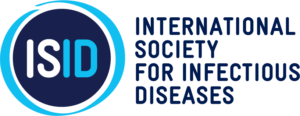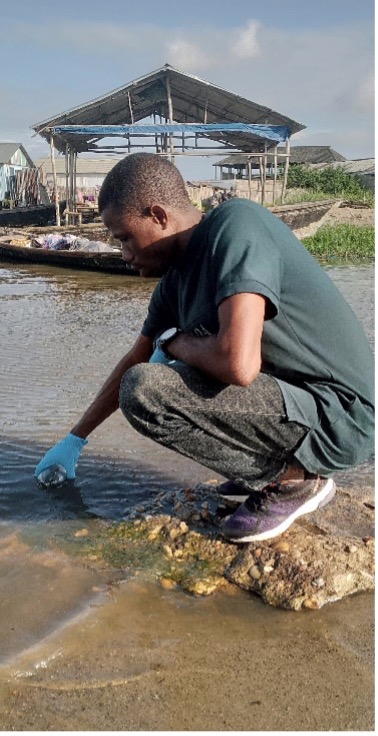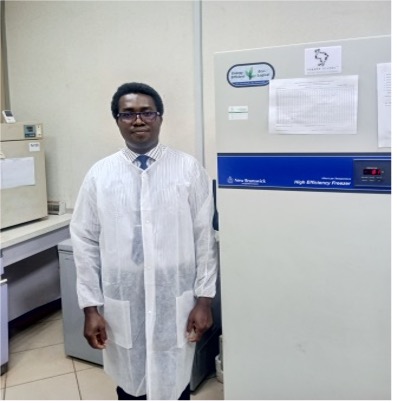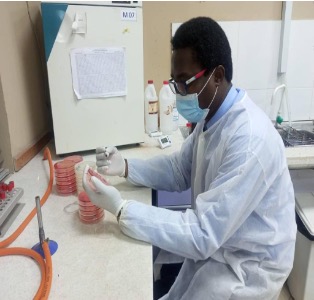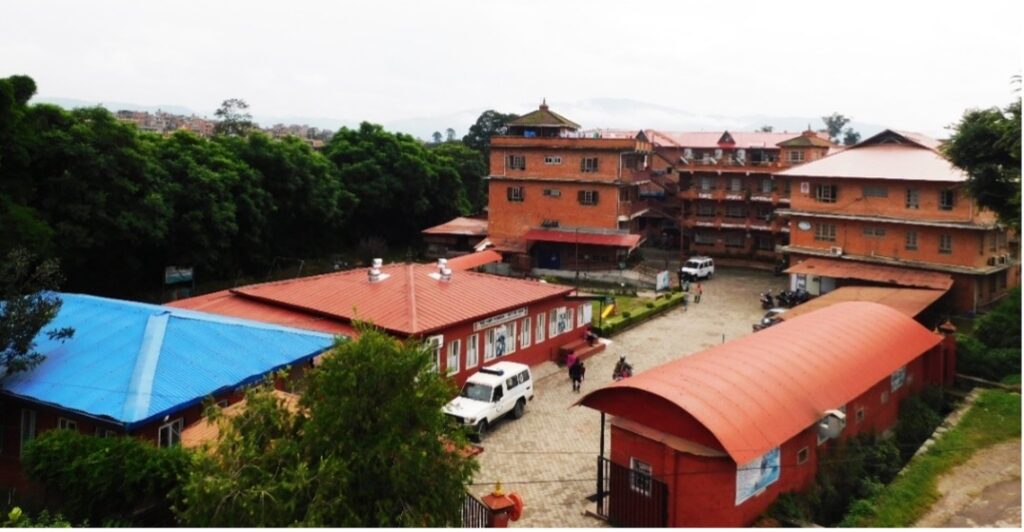 Bawa Boya, Benin
Bawa Boya, Benin
Project: Resistance and virulence factors of Salmonella spp. strains isolated from cholera endemic waters
→ Read abstract here
Highlights:
Water samples were collected from June to August 2023. The collection was carried out in two phases, one in June 2023 and the other in July 2023. A total of 220 water samples will be collected using the Rodier technique at a rate of 20 samples per commune. Presumptive salmonella strains were isolated using Salmonella-Shigella (SS) culture media from water collected in 11 cholera-endemic communes, namely Abomey-Calavi, Dassa-Zoumé, Savalou, Djougou, Cotonou, Porto-Novo, Sô-Ava, Parakou, Sèmè-Kpodji, Athiémey and Aguégué. biochemical identification is underway.
Milestones:
During the first three months of the study period, water samples were collected from April to August 2023. A total of 220 water samples were collected using the Rodier technique, with 20 samples per commune. Water samples were collected in 11 cholera-endemic communes: Abomey-Calavi, Dassa-Zoumé, Savalou, Djougou, Cotonou, Porto-Novo, Sô-Ava, Parakou, Sèmè-Kpodji, Athiémey and Aguégué. After water sampling, Salmonella was isolated after pre-enrichment in indole-free peptone-water broth (Sanofi Diagnostic Pasteur, Marnes-La-Coquette, France) at 37°C for 24 h. This was followed by selective enrichment in Rappaport-Vassiliadis broth (RV10; OXOID), incubated at 37°C. After the selective enrichment step, colonies were isolated by plating on Salmonella-Shigella agar and incubating at 37°C for 24-48 h.
